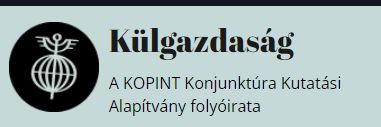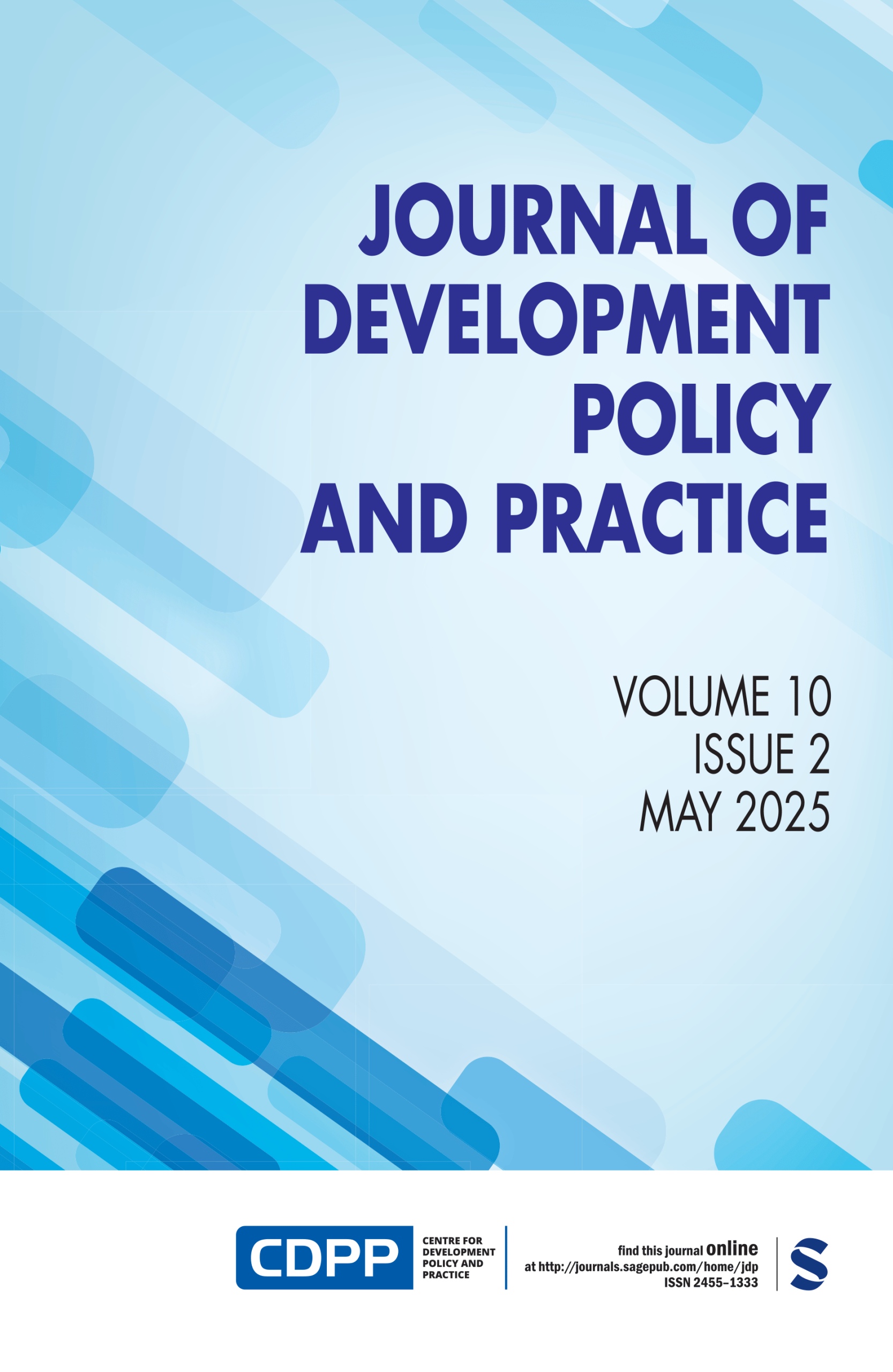Accident-Induced Absence from Work and Wage Ladders
(Timea Molnar, Aniko Biro, Marta Bisztray,
and Joao Galindo da Fonseca (U of Montreal))
Absztrakt:
 How do temporary spells of absence from work affect individuals’ labor trajectory? To answer this question, we augment a ‘wage ladder’ model, in which individuals receive alternative take-it-or-leave-it wage offers from firms and potentially suffer accidents which may push them into temporary absence. In such an environment, during absence, individuals do not have the opportunity to receive alternative wage offers that they would have received had they remained present. To quantify the importance of these ‘foregone opportunities to climb the wage ladder’, we use linked employer-employee administrative data from Hungary, that is linked to rich individual-level administrative health records. We use unexpected, mild accidents with arguably no permanent labor productivity losses, as exogenous drivers of short periods of absence. Using a Difference-in-Differences framework, we find that (i) even short (3-12-months long) periods of absence decrease individuals’ wages for up to two years, by around 2.5 percent, relative to what they would have been in the absence of the accident; (ii) individuals reallocate to lower-quality employers following accident-induced absence; (iii) post-absence wages are slightly above the pre-absence wages for treated individuals upon return to work, consistent with no persistent productivity losses post-accidents; (iv) the persistent effects on wages and firm effects are stronger among young (20–29-years-old), short-tenure, and white-collar individuals. Consistent with our model’s predictions, there are no permanent wage losses for individuals who had an accident but no subsequent absence spell, and they do not reallocate to lower-quality employers either.
How do temporary spells of absence from work affect individuals’ labor trajectory? To answer this question, we augment a ‘wage ladder’ model, in which individuals receive alternative take-it-or-leave-it wage offers from firms and potentially suffer accidents which may push them into temporary absence. In such an environment, during absence, individuals do not have the opportunity to receive alternative wage offers that they would have received had they remained present. To quantify the importance of these ‘foregone opportunities to climb the wage ladder’, we use linked employer-employee administrative data from Hungary, that is linked to rich individual-level administrative health records. We use unexpected, mild accidents with arguably no permanent labor productivity losses, as exogenous drivers of short periods of absence. Using a Difference-in-Differences framework, we find that (i) even short (3-12-months long) periods of absence decrease individuals’ wages for up to two years, by around 2.5 percent, relative to what they would have been in the absence of the accident; (ii) individuals reallocate to lower-quality employers following accident-induced absence; (iii) post-absence wages are slightly above the pre-absence wages for treated individuals upon return to work, consistent with no persistent productivity losses post-accidents; (iv) the persistent effects on wages and firm effects are stronger among young (20–29-years-old), short-tenure, and white-collar individuals. Consistent with our model’s predictions, there are no permanent wage losses for individuals who had an accident but no subsequent absence spell, and they do not reallocate to lower-quality employers either.









